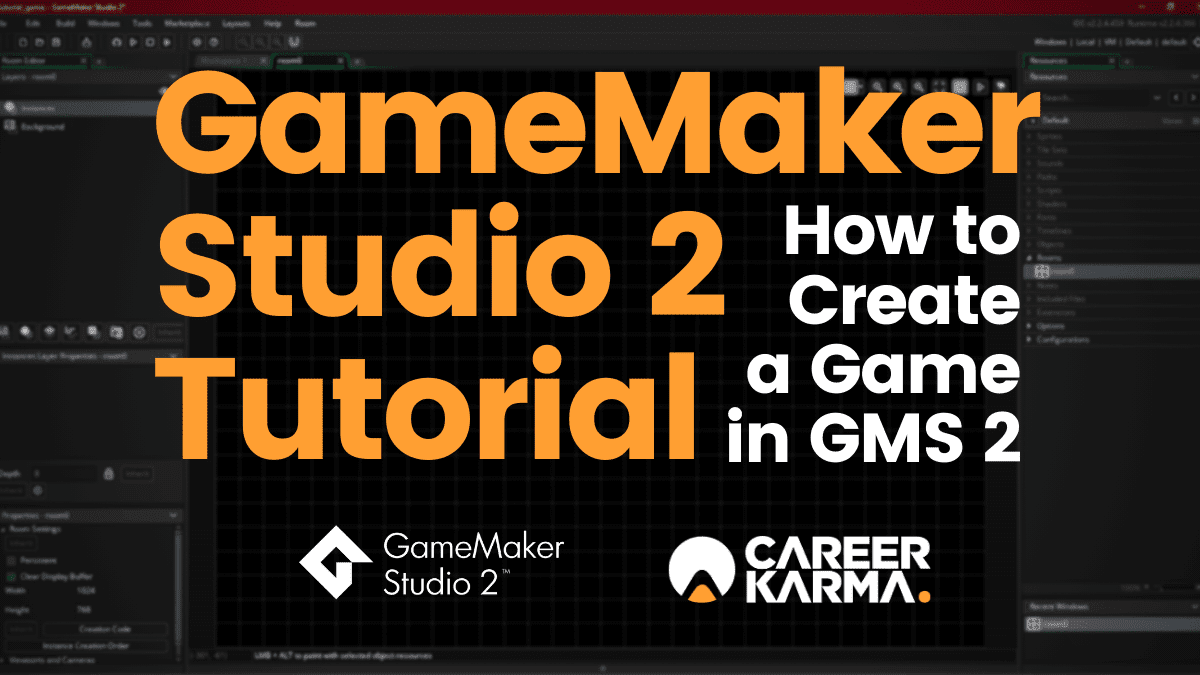

- #GMS2 SPINE2D TUTORIAL .DLL#
- #GMS2 SPINE2D TUTORIAL INSTALL#
- #GMS2 SPINE2D TUTORIAL FULL#
- #GMS2 SPINE2D TUTORIAL ANDROID#
- #GMS2 SPINE2D TUTORIAL CODE#
dll, which would only know of those values, and it would do whatever it did, and return a value back to GameMaker, which you could then do something with.
#GMS2 SPINE2D TUTORIAL .DLL#
dll extension, you were passing some data values out of GameMaker into the.
#GMS2 SPINE2D TUTORIAL FULL#
As well, non-GML extensions have not historically had full access to the GameMaker runtime engine, meaning that in essence when you made a call to a native-code. One of the really nice things about GameMaker was that it was a small, simple, self-contained language.
#GMS2 SPINE2D TUTORIAL INSTALL#
“Why bother implementing, it already exists in, so just go install or learn and implement the extension yourself!” may become a frequent response to feature requests and criticism of GM:S. The only downside to this is that I fear this will turn into an excuse not to implement language features in GML, when it comes to future development of the GML language and the GameMaker framework. Instead, developers can just glue existing wheels written in other languages onto their GM:S projects.

This is great because it means a lot of existing functions are soon to become available to GM:S projects, and won’t require a lot of re-invention of the wheel.
#GMS2 SPINE2D TUTORIAL CODE#
Being able to write extensions in other platforms that are native to the platform will mean substantial performance boosts, and the capability of leveraging existing code libraries, and potentially even entire engines or frameworks. So far, I’ve done a little bit of work in creating extensions for my projects, and all of that has been done in GML, at first because that was the only thing I was comfortable writing them in, and then later because I wanted my extensions to be usable no matter what platform I was targeting. Windows and HTML5 already allow custom extensions, so this will add them to iOS and Android.Īs I understand it from what I’ve read elsewhere, this means native code extensions. I’d rather spend my time in GameMaker playing with design experiments, not trying to figure out why something I coded doesn’t quite work like I thought it should, and if I could write unit tests for my GML code and use them, that would be a huge win. I don’t believe that unit testing can help prove whether a game design is fun, but it is very valuable to proving that code is correct. It can accelerate development by reducing the time it takes to find bugs, immediately identify when they are introduced, understand the scope of their effect, and so on. Programming benefits from unit testing by proving that existing functionality still works as intended when new code is added or existing code is modified. One highly valuable programmer’s tool that I’d love to see added to GameMaker Studio in the future is unit testing. I am not sure how much use I’ll get out of a debugger - I’m sure there’s times where it’ll still come in handy for me, but for me, logging and drawing variable state to the screen so I can continue to run the game at realtime and see what’s going on faster will likely be more valuable to me. It turns out, when you have a game with a lot of objects, all of which are updated in a loop that runs at 30 iterations per second, stepping through your code to see what’s going on must be extremely slow and tedious. Because I lacked watch variables, I learned to draw the values of variables I wanted to read to the screen, next to the instance.

On the other hand, I credit the lack of a decent debugger in GameMaker for making me a better programmer by teaching me not to over-rely on a step-through debugger to understand my code.īecause I lacked a proper debugger, I learned to build myself a logging system. This is something that is frankly long overdue, the functionality that was provided in the current debugger would be considered barely adequate compared to what’s been offered in other IDEs for at least the last 10-15 years. I really like that they’re delivering an improved debugger with breakpoints and watched variables.
#GMS2 SPINE2D TUTORIAL ANDROID#
Rewrite of the GameMaker debugger to include full source level debugging, break points and watch windows. Will also target cross platform support, allowing remote debugging of Mac, Android and iOS devices. They’re delivering a lot of new features that have me excited.įrom the official roadmap: Version 1.3 Debugger There’s been a lot of news coming out of YoYoGames lately about the upcoming release of GameMaker Studio 1.3. Why arguing about Link’s gender is dumb, and why it’s important.“Null Room” hidden in Superman (Atari, 1979).video games, programming, the internet, and stuff


 0 kommentar(er)
0 kommentar(er)
